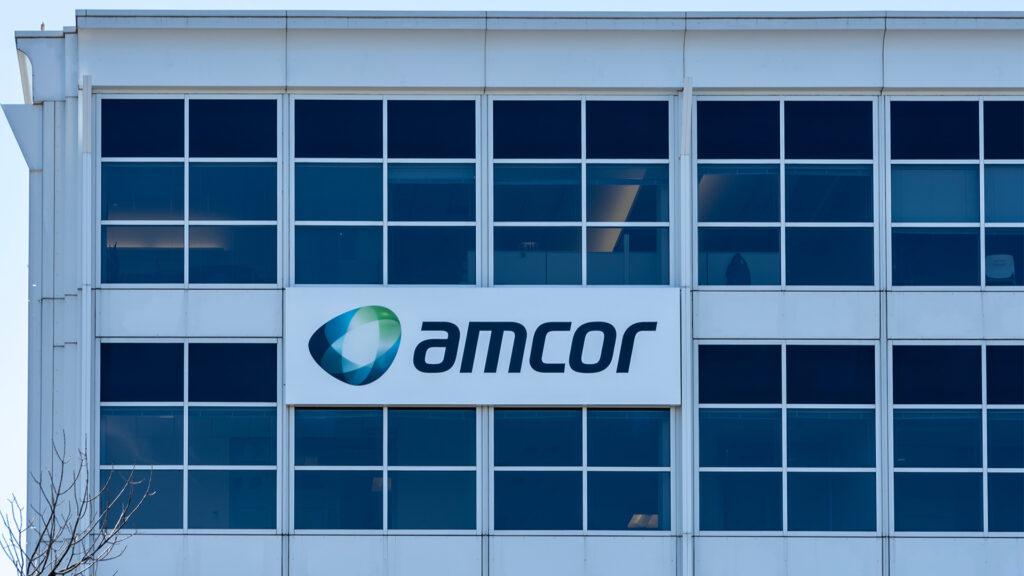Judging by the positive market reaction, global packaging giant Amcor (ASX:AMC) delivered a bit of an upside surprise in its latest results, released on Wednesday, with shares rising more than 2% in morning trading.
However, there seemed to be little positivity in the September quarter report. It reported lower revenues and net income for the three months to September, as weaker customer demand and inventory pressures took a toll, especially in the huge US market.
Total quarterly sales of $US3.44 billion were down from $US3.7 billion in the same quarter of 2022, and net income was $US152 billion, down sharply from the $US232 million a year ago.
Despite these challenges, Amcor shares were up more than 2% at 11.30 am on the ASX because the company reaffirmed its 2023-24 earnings guidance.
Amcor attributed the sales and earnings decline to softer demand for its containers and cartons as consumer goods companies cut inventories to reduce working capital, given the impact of the higher cost of that capital in a difficult macroeconomic environment.
The company reported lower volumes in categories such as healthcare, meat, and liquid beverages in North America, as well as snacks and coffee in Europe. Overall beverage volumes in North America were down by 9% compared to last year due to lower consumer demand.
CEO Ron Delia expressed confidence that Amcor would benefit from price hikes and cost-cutting measures, despite the near-term challenges. He emphasized the company’s focus on taking price and cost actions to offset inflation, aligning the cost base with market dynamics, and managing working capital.
Delia also stated that Amcor’s ongoing efforts, along with structural cost reduction initiatives and a lower interest expense headwind later in the year, position the company well to meet expectations for solid adjusted earnings per share growth in the second half and to grow at long-term high-single digit rates thereafter.
Amcor remains confident in its market positions and underlying business, actively pursuing a strategy for long-term growth and value creation, including investments in organic growth, pursuing M&A opportunities in faster-growing, higher-value markets, or repurchasing shares and returning cash to shareholders through a compelling and growing dividend.

